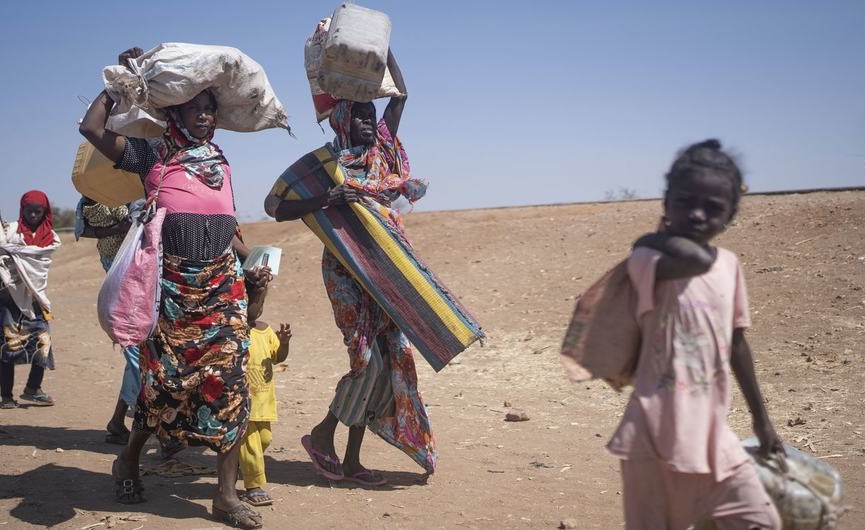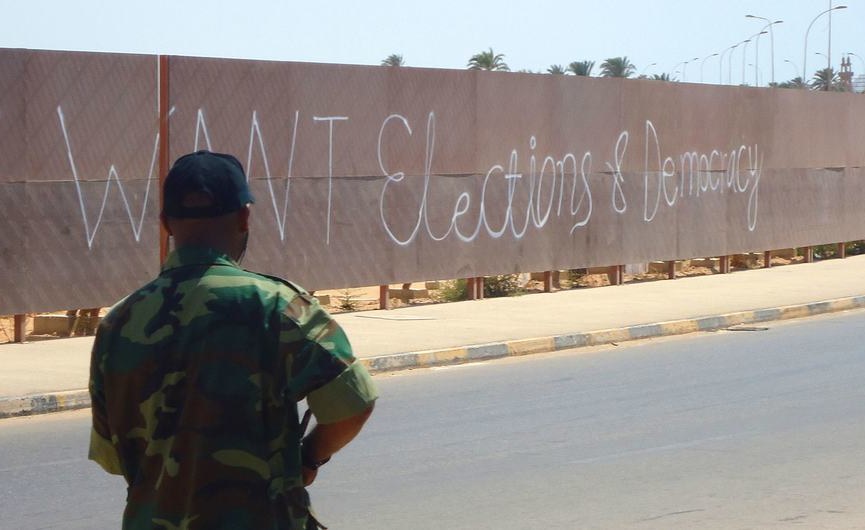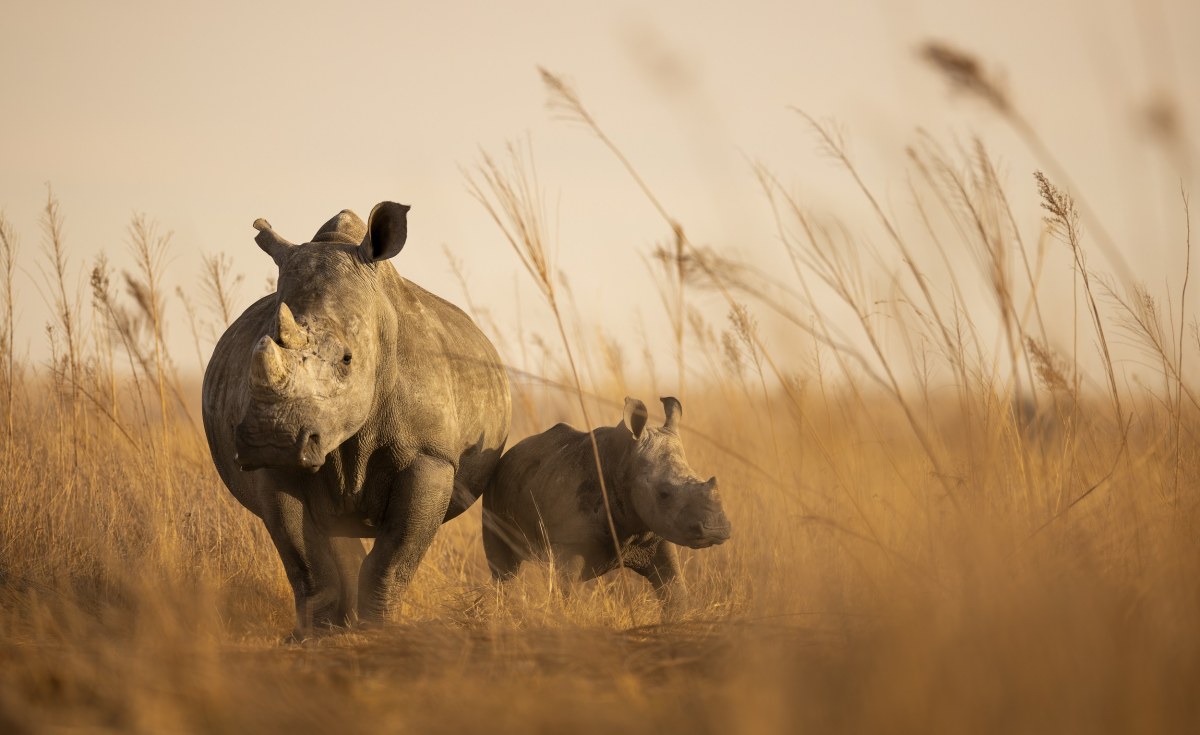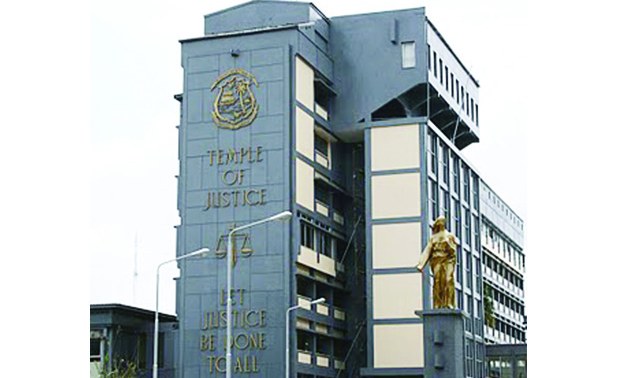The United Nations has warned that the situation in the Central African Republic (CAR) remains fragile following recent violence.
Hervé Ladsous, Under-Secretary-General for UN Peacekeeping Operations, told the UN Security Council (UNSC) on Monday that there were spoilers on both sides still active and that the international community needed to stand firm and support the CAR government to ensure lasting peace.
“While the needs are many, I am convinced that with our concerted and continued support, Central Africans can lay the foundations for peace,” said Ladsous during his briefing on the work of the Multidimensional Integrated Stabilisation Mission (MINUSCA).
More than three years of war and sectarian violence have displaced thousands of people in the CAR amid continuing clashes between the mainly Muslim Séléka rebel coalition and anti-Balaka militia, which are mostly Christian.
Ladsous introduced the Secretary-General’s report on developments in the CAR, which welcomed the inauguration of a democratically elected president, Faustin-Archange Touadéra. It pledged the Mission’s full support to the Government in such critical efforts as reintegration of armed groups, reform of the security sector, improvement of still grave humanitarian conditions, inclusive economic development, reconciliation and other necessary components of peace consolidation.
Such efforts, the Secretary-General noted, would take “dedication and time.”
Updating the Council on key developments since the issuance of the report, Ladsous said that the end of the rainy season — a traditionally volatile period — has been used by armed groups and other “spoilers” to advance their interests.
Last week, dozens of people were killed in unrest following the shooting of a member of the Central African Armed Forces in a predominantly Muslim neighbourhood.
MINUSCA, he said, acted decisively to prevent inter-communal violence from spreading, securing the perimeter of the neighbourhood, coordinating its response with the national authorities, responding to the needs of civilians, encouraging community dialogue and continuing to support efforts to address impunity.
Clashes also took place in the north-west and the Kaga Bandoro region between anti-Balaka and ex-Séléka factions, resulting in attacks on civilians and aid groups, causing operations to be suspended in September.
Activity of those factions had also been reported in the north-east of the country as MINUSCA continues to maintain a robust posture against such violence and enforces weapons-free zones.
In contrast to the worrying flare-ups of armed activity, he said that national authorities continue implementing Touadéra’s agenda, including engaging 11 out of 14 armed groups in a dialogue on reintegration.
MINUSCA is meeting with armed groups to encourage their participation. For the international support needed, Ladsous said the importance of the Brussels donor conference on November 17, for which the country’s five-year needs had been assessed and a framework for accountability created, “could not be overemphasised.”
Sustained international engagement had often been lacking in previous crises in the country, leading to relapse into violence.
“While the primary responsibility rests with the Central Africans, we must ensure that this mistake is not repeated,” he stressed.










